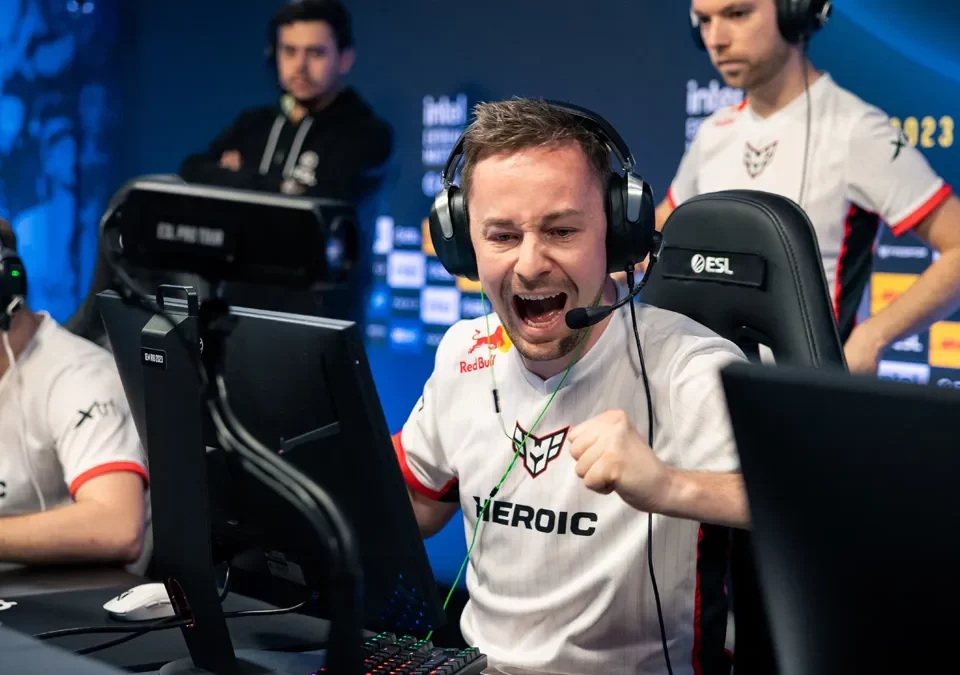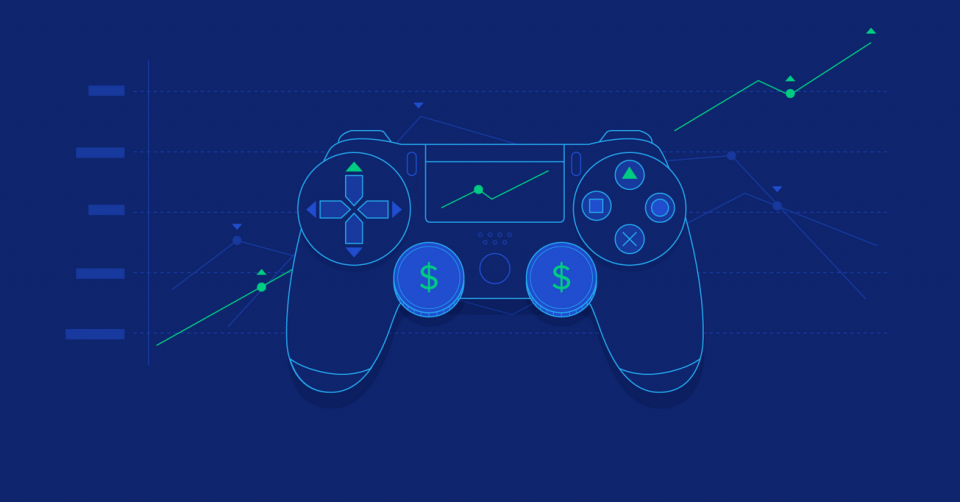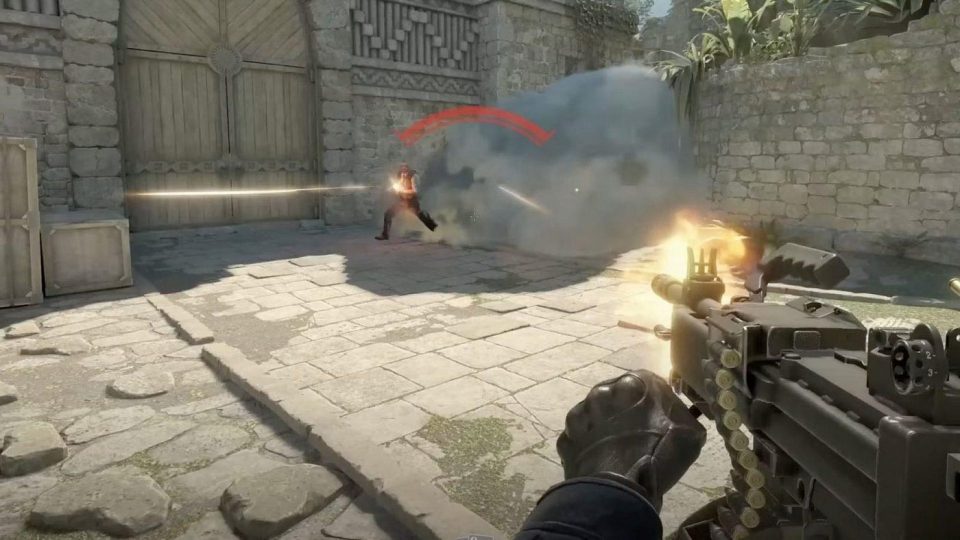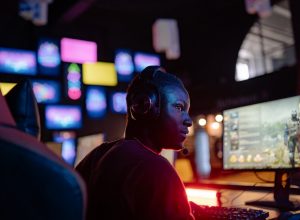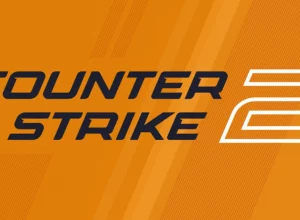Introduction
The realm of professional esports has grown exponentially in recent years, captivating audiences worldwide and drawing in participants from all corners of the globe. While the glory of victory and the allure of big prize pools often take center stage, the demanding nature of this competitive field, particularly in games like CS 2 (Counter-Strike 2), remains a lesser-explored aspect. Behind the glitz and glamour of the digital battleground lies a complex interplay of psychological and physical challenges that professional esports players face. Understanding these demands is crucial for the holistic development and support of these athletes in the competitive gaming industry.
The Psychological Strain
Competing at the highest level of CS 2 demands a significant investment in mental fortitude. Players must navigate intense pressure, deal with constant scrutiny from fans and critics, manage expectations, and handle the volatile nature of the esports industry. The burden of maintaining consistent performance, mastering intricate gameplay strategies, and adapting to rapidly evolving gaming dynamics can lead to heightened stress levels and mental exhaustion. Additionally, the competitive environment often fosters a cutthroat atmosphere, adding an extra layer of psychological strain that can impact a player’s overall well-being.
Physical Challenges in Esports
Contrary to popular belief, professional esports is not just about clicking buttons on a keyboard or maneuvering a controller. Long hours of practice and competition can take a toll on the physical health of players. Extended periods of sedentary behavior, inadequate posture, and repetitive strain injuries are common occurrences among esports athletes. Moreover, irregular sleep patterns and poor dietary habits, often influenced by erratic tournament schedules and global time zone differences, can lead to a host of health issues, including chronic fatigue, eye strain, and other related ailments.
Coping Strategies and Support Systems
To address the multifaceted challenges faced by professional esports players, it is imperative to implement robust support systems and proactive strategies. These may include personalized mental health assistance, tailored physical training programs, and educational initiatives promoting healthy lifestyle choices. Encouraging regular exercise, fostering a balanced diet, incorporating ergonomic gaming setups, and emphasizing the significance of adequate rest can significantly mitigate the adverse effects of the esports lifestyle.
The Way Forward
As the esports industry continues to flourish, it is crucial for stakeholders, including esports organizations, tournament organizers, and game developers, to prioritize the well-being of professional players. Striking a balance between competition and player welfare can foster a sustainable environment that nurtures the growth of esports as a legitimate sport. Implementing comprehensive player support programs, instituting standardized regulations for player health and safety, and promoting awareness about the challenges inherent in professional esports can pave the way for a healthier and more sustainable future for the industry.
Conclusion
Professional esports in games like CS 2 offers a unique blend of mental prowess and physical endurance, making it a challenging yet rewarding field for players and enthusiasts alike. However, understanding and addressing the psychological and physical demands of this competitive domain is essential to safeguarding the well-being of esports athletes. By recognizing the importance of holistic player development and advocating for comprehensive support structures, the esports industry can create an environment that fosters long-term success and well-being for its players.
